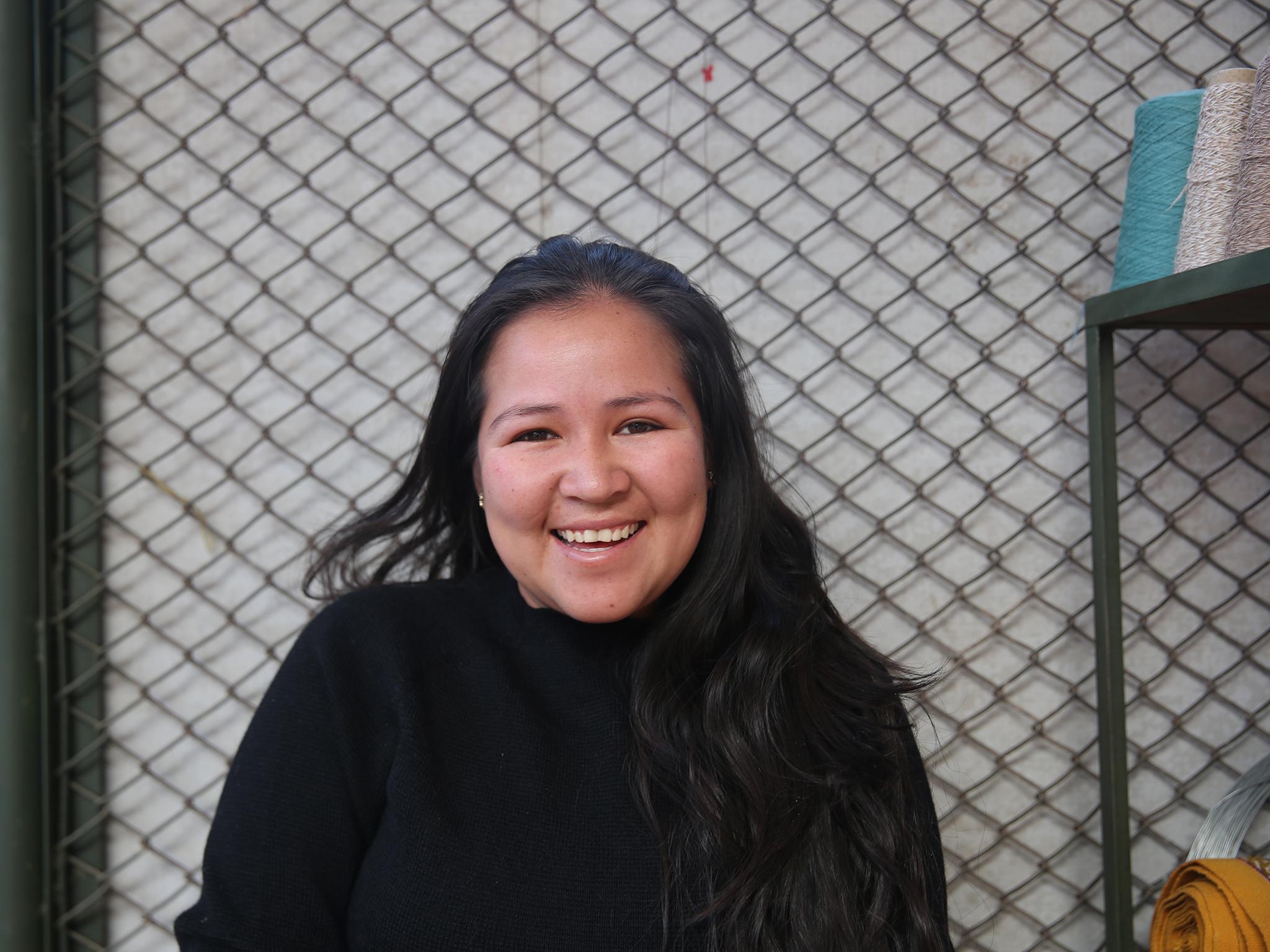The Danish fashion brand empowering women in Peruvian prisons
Danish firm Carcel have raisd tens of thousands of pounds this year to start their social fashion business

Fashion designer Veronica D’Souza believes that dignity not charity is the way to pull people from poverty. That is why she founded Carcel - the clothing company which enlists the help of Peruvian women in prison.
The Danish fashion brand based in the capital of Copenhagen was just an idea on a Kickstarter page in April 2016. Since then, D’Souza and her team have raised over 351,950 Danish Krone (£40,000). And in early December the idea came to life as production started at the Cusco prison in the Peruvian Andes, just days after they were nominated for a crowd-funding award.
The women at the prison (who are unnamed to protect their identities) voluntarily sign up to work for between six to eight hours a day and a fair wage, in a country where the number of women in prison has risen by 100 per cent in the past 15 years. The firm believes this model helps both the women involved, and gives consumers an alternative to clothes made in sweatshops.
Prior to launching Carcel, D’Souza worked Kenya to roll out reusable Ruby menstrual cups. After visiting a women’s prison, she realised that poverty was a major factor of incarceration and learned this was a pattern repeated the world over and decided to take action.
“I believe in dignity, and in aspirational solutions,” D’Souza told The Independent. “That’s why Carcel is not set-up as a charity but a social business. We want our customers to get the best quality in extraordinary design, made by women in prison."
"People should buy the clothes because they love them, not to pity the women behind bars," she stresses. "To do this, we’ve looked at places in the world where the best and most exclusive materials come from that also have high rates of poverty related crime for women. Peru is such a country with its fantastic tradition for the exclusive Alpaca wool as well as high rates of female incarceration due to drug trafficking out of needs."
To make the business sustainable and appealing to customers, the jumpers are made from 100 per cent baby alpaca wool, and cost between $125 (£100) to $250 (£250). Next, D’Souza hopes to work with women in Indian and the organic silk industry.
Asked how the brand ensures that the women are not being exploited, D'Souza explains that she and her team met with the president of the Peruvian prison system, who granted her access to visit institutions across the country.
"I have been very positively surprised by the atmosphere inside the prison, and the relationships between staff and inmates," she says, adding that a production manager is on site each day to oversee the six to eight-hour working day.
But her work has just begun, says D'Souza. And while this project has been a success for Carcel, in six months time it will become clear how the project is helping the women, and their families, too.
Join our commenting forum
Join thought-provoking conversations, follow other Independent readers and see their replies
Comments